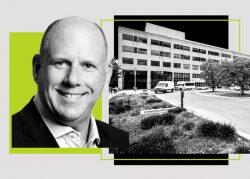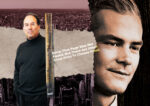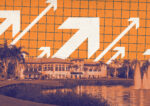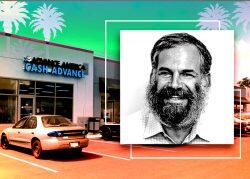
Trending
High velocity: Chicago’s medical office market is booming
Metro area outpaces expansion of supply in other large cities
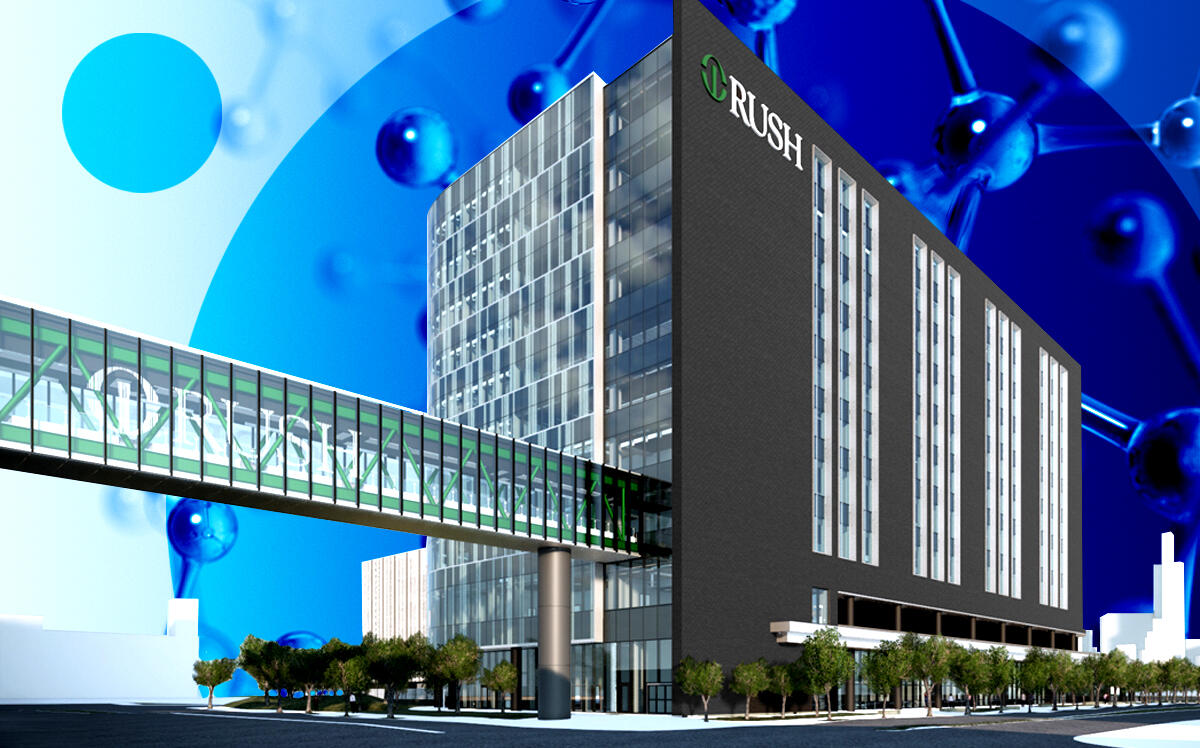
Chicago’s medical office market is healthy. So healthy in fact, its growth rate is 5 percent faster than other major markets.
The metropolitan area’s medical office market expanded almost 18 percent in the last decade, adding more than 4.3 million square feet of space since 2012, according to data from commercial real estate research and listing platform CommercialEdge analyzed by 42Floors.
Meanwhile, the nation’s top 25 medical office space markets grew 13 percent during the same period, the report said, adding more than 52.7 million square feet overall.
Part of Chicago’s surge was fueled by conversions of storefronts from traditional brick-and-mortar retail assets into urgent care centers, dental offices and hosts of other healthcare-related services, in properties referred to as “medtail.” In the suburbs, an 18,000-square-foot medtail property that underwent a retail conversion in Blue Island recently sold to Zusha Tenenbaum’s Savlan Capital for $6.1 million.
Such transformations have fed a market of buyers eager to fill up assets with medical office tenants that tend to offer far more stability than retailers of merchandise and downtown office towers. They’ve given sellers a chance to seek top dollar for properties that wouldn’t be as financially secure if outfitted as traditional retail. Marcus & Millichap, for instance, is marketing medtail on West 95th Street and South Western Avenue in Chicago for sale for almost $12 million.
With remote work posing an existential uncertainty for the need of standard offices, commercial real estate hosting healthcare services has a new advantage since its tenants have no choice but to attend daily to do business.
“Other asset types were struggling to have tenants pay rent and struggling for concessions. Healthcare was performing very, very well,” Gino Lollio of Cushman & Wakefield’s healthcare capital markets team said.
While the medical office economy is an emerging opportunity for buyers, there are barriers holding back the available supply on the market. Even though the report ranked Chicago as the country’s fourth-largest medical office market, with an inventory of 28.8 million square feet across more than 400 buildings, real estate investors’ have limited chances for acquisitions due to the hesitancy of the area’s healthcare institutions that dominate occupancy of the assets.
Many institutional property owners — such as Rush University Medical Center and the health systems of Northwestern University and Advocate Aurora Health that dominate Chicagoland’s medical office market — aren’t comfortable relinquishing control of their real estate to a third party, said JLL’s Matt DiCesare. Instead, they’re using a hub and spoke model to expand their operations off a traditional healthcare campus, integrating medical offices into shopping centers alongside traditional retail, known as “medtail.”
“We have a lot of health system-controlled space and the number of those systems are relatively strong, so they can stand alone,” said Lollio.
There’s signs that’s starting to change, though. The Rush University-occupied Triangle Office Building at 1700 West Van Buren Street was sold earlier this year for $67 million as part of a $120 million Illinois portfolio purchase by Toronto-based REIT NorthWest Healthcare.
Ground-up development also contributed to Chicago outpacing other cities on medical office expansion. The Windy City added 480,000 square feet of medical office space last quarter with the completion of the $450 million Joan and Paul Rubschlager Building to house Rush University’s neuroscience and cancer programs on the Near West Side.
Medical office space has strengths compared to other types of real estate, including the advantages of institutional tenants and not having to compete with e-commerce like retailers, or deal with employees working from home on hybrid schedules like the traditional office market does.
It’s also proved to be a lure for other new development. Last year, the Chicago City Council altered zoning within the Illinois Medical District to allow more apartments and retail within the Near West Side area south of the Eisenhower Expressway that’s home to more than 40 healthcare-related entities, anchored by Rush and the Chicago campus of the University of Illinois College of Medicine.
The developer Marquette has since followed through, having started construction on projects that could add more than 400 apartments in the area that it plans to build in three phases.
Cushman’s Eric Cline, who brokered the Blue Island deal, said the pandemic accelerated the trend of hospital systems bringing more functions off-campus, “closer to where people actually live and work and play.”
Read more

